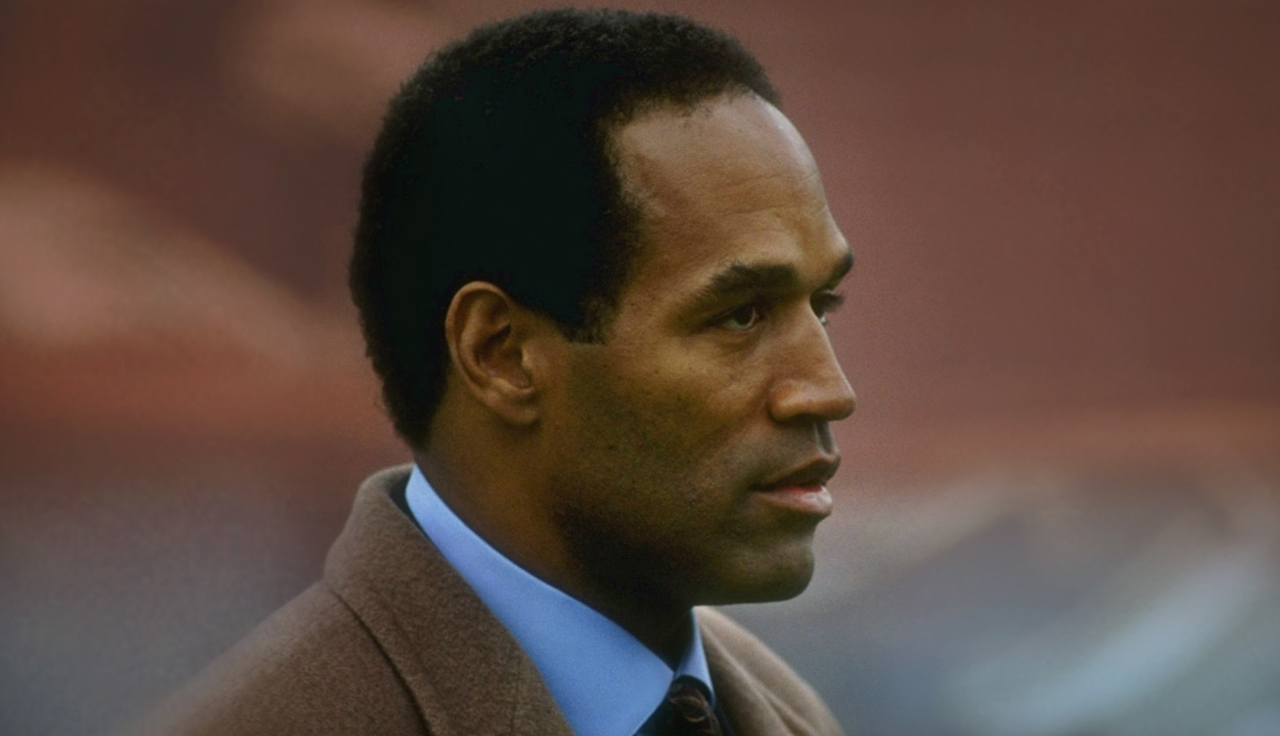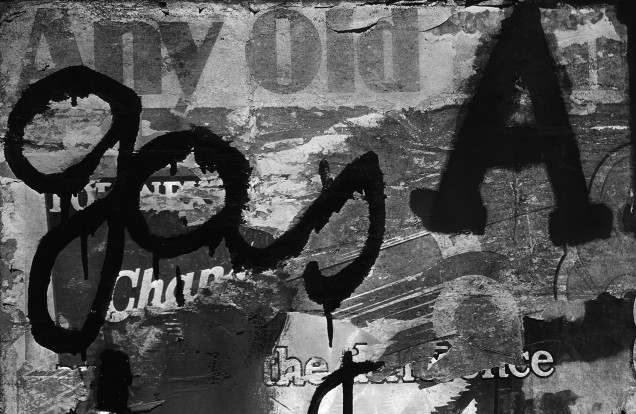O.J.: Made in America
The ESPN documentary miniseries gets a riveting start

It was one of those “Where were you?” moments. But unlike Pearl Harbor or the Kennedy assassination, the arrest of O.J. Simpson was one that people don’t remember as much for where they were in a frozen moment as when they started watching in real time, as the story unfolded down the 405 freeway on June 17, 1994, and beyond. That sense of continuum is a significant feature of the O.J. story. And though many point forward from 1994 in recalling it—and how our appetite for celebrity has since evolved—Ezra Edelman’s enthralling five-part documentary miniseries on ESPN, O.J.: Made in America, takes a deep dive backward, as if to recognize that this moment in history wasn’t a moment at all, but a reckoning long overdue.
It’s easy to dismiss eight more hours of the O.J. affair as superfluous. Even a beleaguered and imprisoned Simpson, in OJ:MIA’s chilling prologue, when questioned by a panel about his first arrest all those years ago, says, “We’re talking about this?” What follows over the course of the next 90 minutes—the first installment of the miniseries—is the answer to that question: Yes and no.
Comparing OJ:MIA to more recent efforts, namely FX’s melodramatic The People v. O.J. Simpson: American Crime Story, and ESPN’s earlier documentary, June 17th, 1994, it’s clear that there is little overlap. The People v. O.J. Simpson plumbed the emotional depths of the major players, effectively wringing all of the human drama possible out of the story. June 17th, 1994 daringly used archival footage of the nominal day to show how the media forever changed before our eyes.
Edelman tries to find a historical context. The archival images he presents are in grainy and ghostly black and white, showing how countless African-Americans in the ’50s and ’60s attempted to escape the horrific racism of the Jim Crow South by settling in Los Angeles, only to suffer the same abuse at the hands of the LAPD. The haunting footage of police violence against black Angelinos, viewed side by side with the atrocities at Selma, appears interchangeable. Once that connection is made, what is depicted of the Watts riots starts to look downright justified.
Edelman expertly weaves Simpson’s mythic rise to fame into this harrowing tale of persecution and rage. In an irony that he can’t help but point out, USC, Simpson’s elite (read: white) alma mater, is a mere stone’s throw from Watts itself. And while other athletes, such as Muhammad Ali, Bill Russell and Jim Brown, spoke out on behalf of their race, Simpson chose not only to stay out of the conversation but to famously declare, “I’m not black—I’m O.J.!”
With the paradoxes of Simpson’s life properly framed, Edelman ends the first segment of OJ:MIA by introducing Nicole Brown, setting up her tragic part in this saga, which will undoubtedly be joined by Cochran’s, Clarke’s and Fuhrman’s. And if this first segment is any indication, it will be a bitter feast indeed.
O.J.: Made in America will air on ESPN through June 18; all five parts of the miniseries are available on WatchESPN and will be coming out soon on DVD.



